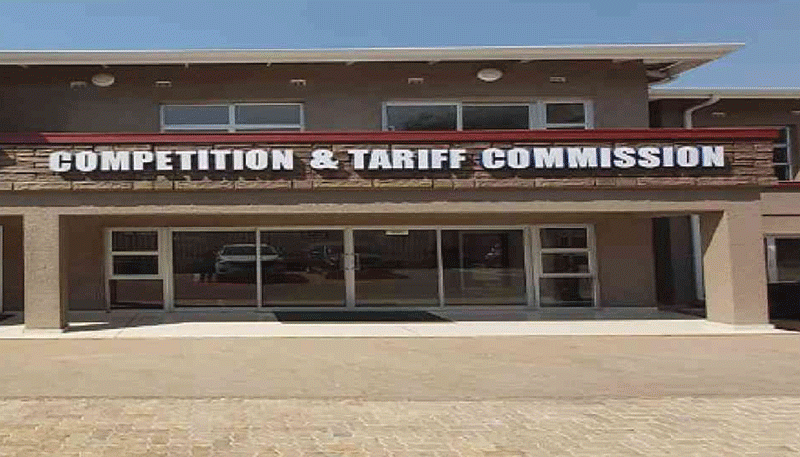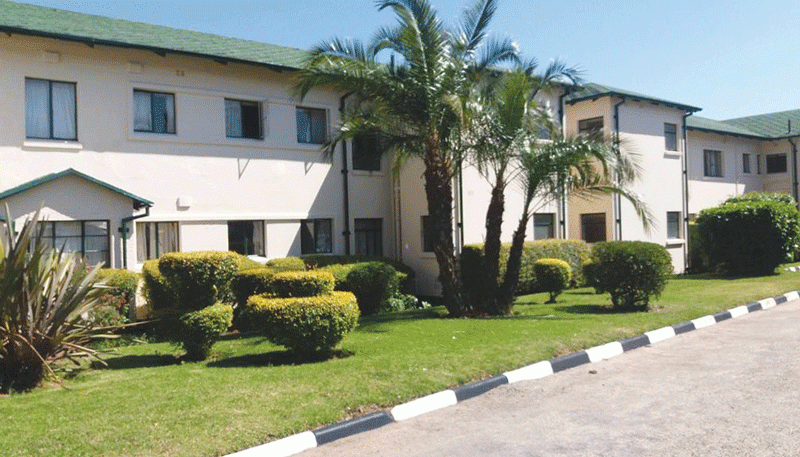CEMENT manufacturer, Khayah Cement Limited (Khayah)’s net sales rose by about 105% to ZWL$240 billion in the year ended December 31, 2023, in line with improved production volumes.
In the comparative 2022 period, Khayah net sales were ZWL$117 billion.
In a 2023 trading update, Khayah said power constraints and a machine breakdown, particularly at the kiln, impacted negatively on both clinker, cement production and sales volumes, thus negatively affecting profit and cashflow.
The kiln breakdowns were largely caused by a three-year postponement of its maintenance due to working capital constraints.
Consequently, a strategic decision was taken to mothball this plant during the last quarter of 2023 and focus on a grinding station model while the kiln is being repaired.
“A total of 1 000 hours were lost as a result of the unplanned breakdowns which, in turn, impacted negatively on both clinker, cement production and sales volumes and with it profits and cash generation,” Khayah said.
Keep Reading
- Seed Co muscled out of Pfumvudza
- School heads roped in in presidential inputs distribution
- Producers ramp up seed output
- ‘Pfumvudza mitigates against climate change’
“Business performance was generally on an upward trend in the period under review as total volumes across the board grew by 38%. Net sales in inflation-adjusted terms increased from ZWL$117 billion in 2022 to ZWL$240 billion in 2023 in line with improved production volumes across the business,” the statement read.
The company noted that cement sales volumes increased by 34% despite the breakdown and the power challenges.
“The company’s industrial performance increased with the installation of the Vertical Cement Mill in Q3 of 2022. Cement sales volumes, therefore, closed 34% above the same period in the year prior,” Khayah said.
“Production performance was largely negatively impacted by power quality challenges as well as equipment breakdowns, particularly at the kiln.”
The company also noted that one of the positive spin-offs of the short-term rapid impact plan was growth in its bulk cement volume contribution, which increased from 1% in the prior year to 4% in the period under review.
“This growth is also in line with the company’s strategy of penetrating the bulk cement market. Clinker production volumes though declined by 21%, mainly due to the mothballing of the kiln in the last half of the year,” Khayah said.
During the year, dry motor product sales increased by 153% owing to the high demand of agricultural lime range Supagrow in the government co-ordinated agriculture programme, Pfumvudza, which absorbed 33,7 kilotonnes of the product.
Aggregate sales volumes registered a 164% growth during the period under review, buoyed by penetration into new concrete product manufacturers and contractor markets.
This positive growth trajectory is expected to continue in the short to medium term.
“The company continues to face unfair competition from cheaper cement imports. This has impacted the general market preference for products due to pricing, which further disadvantages local players,” Khayah said.
“However, government’s efforts to protect local industry from imports are highly commendable and appreciated. Despite these challenges, the company managed to grow sales volumes by 38% across the board.”
The company also noted that there is need to regulate cement imports, bring inflation under control and address electricity shortages, as these challenges were likely to dominate the company’s performance for 2024.





